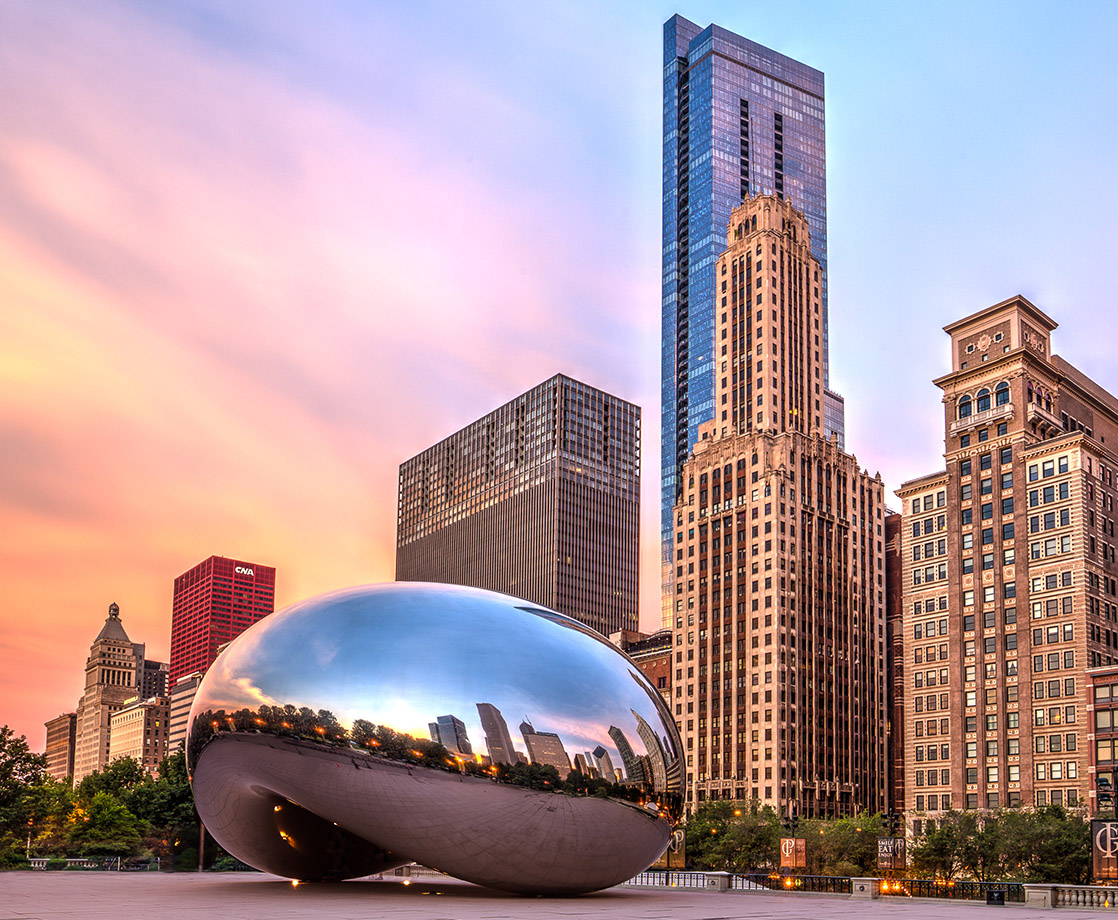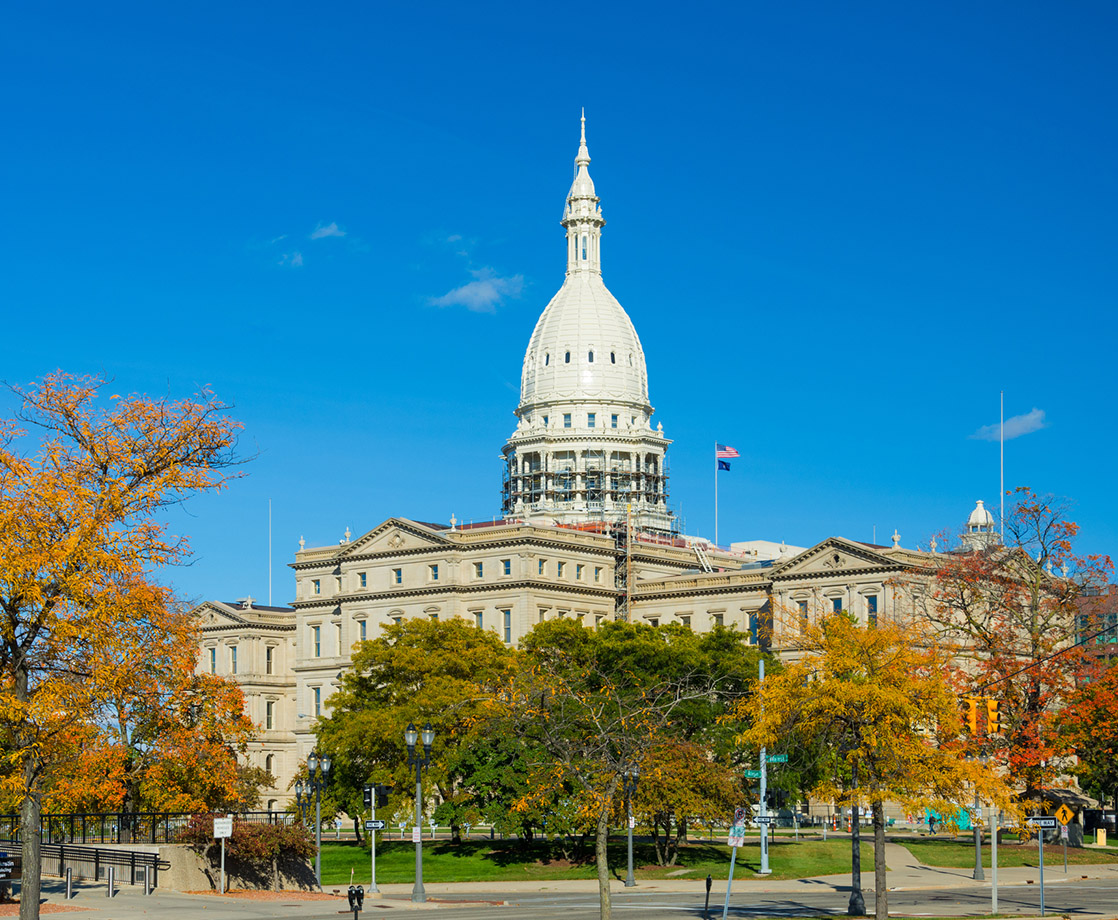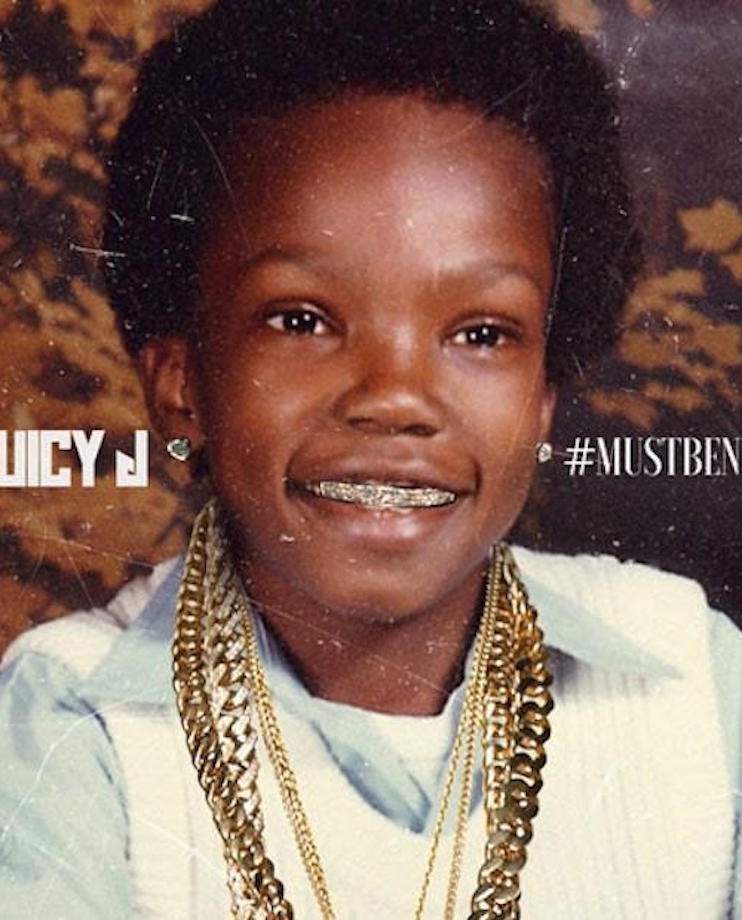Next year, Chicago voters will get a chance to declare their support for recreational cannabis legalization via an advisory referendum included on the March primary ballot. The "reeferendum," as Cook County Commissioner John Fritchey jokingly called it, asks voters in the state's most populous area whether or not they support Illinois legalizing "the cultivation, manufacture, distribution, testing, and sale of marijuana and marijuana products for recreational use by adults 21 and older subject to state regulation, taxation and local ordinance."
The county commissioners unanimously approved the passage of the referendum this week, with both Fritchey and Board President Toni Preckwinkle calling out the negative impact of the War on Drugs on minorities and low-income residents. "What the referendum seeks to do is let our constituents weigh in. If they're in favor of it, that's fantastic," Fritchey said to the Chicago Tribune. "If they're against it, I respect their opinion on that as well. But I think we have the ability to let the public and the legislature specifically know the stance of 40 percent of Illinois' population on this issue."
The referendum is nonbinding, so its passage would not actually legalize recreational cannabis. What it would do is prove to state legislators that a large portion of Illinois residents are in full support of legalization. Earlier this year, state Senator Heather Steans and state Representative Kelly Cassidy proposed a bill that would fully legalize and regulate cannabis sales in Illinois. The bill did not make it to a vote, but its sponsors are planning to revise it to address concerns raised by other state legislators, and plan to reintroduce the bill in March.
Fritchey told the Chicago Tribune that the inclusion of the "reeferendum" on the March ballot is "timely because that comes in the middle of a legislative session down in Springfield. I think it can help us advance the ball a little bit on this issue." This support may be especially useful because Gov. Bruce Rauner has a track record of opposing cannabis reform, including his decision to advise the state health department not to expand its medical cannabis program last year. Still, the governor has promised to give his consideration to the bill if the state legislature passes it, and the success of this ballot measure could help convince the governor to consider the will of Illinois voters.
Illinois' medical cannabis program has already proved to be a benefit for the state's residents, despite Gov. Rauner's lack of support. The state's program currently has around 25,000 registered participants, many of whom are using the drug to treat symptoms of cancer and fibromyalgia. Several recent research studies have confirmed that medical marijuana is helping many of these patients switch from addictive opioid pharmaceuticals to safer cannabis-based treatments. The most recent of these studies found that 67% of study participants were able to quit taking opioid drugs after enrolling in the state's medical cannabis program.











